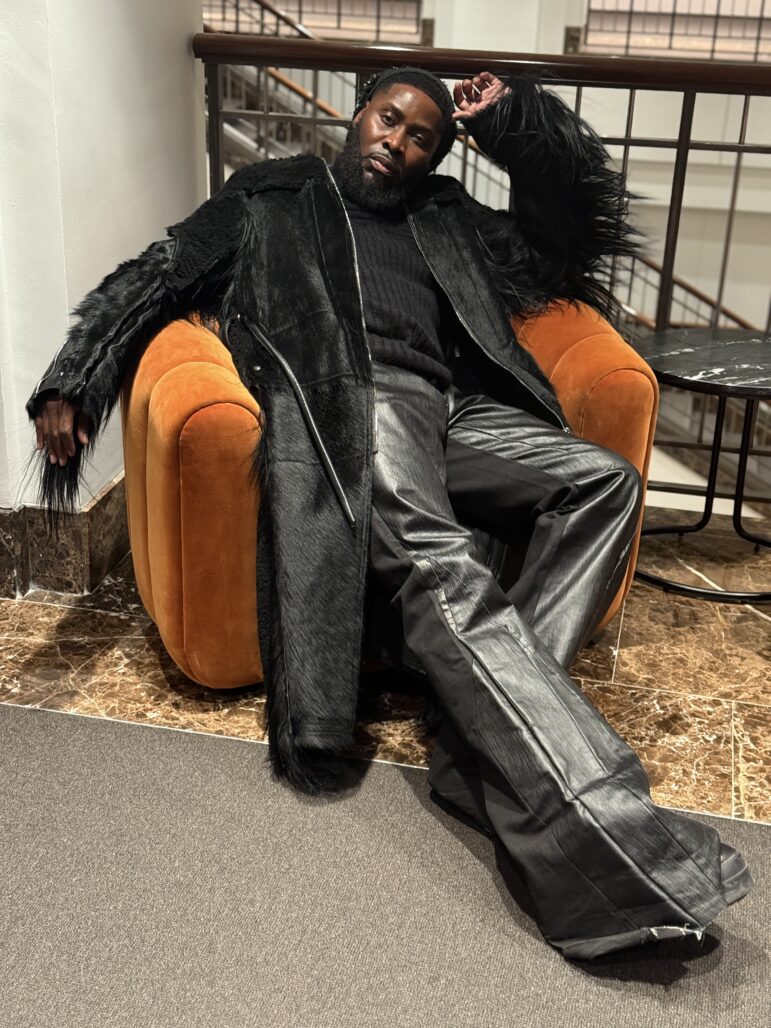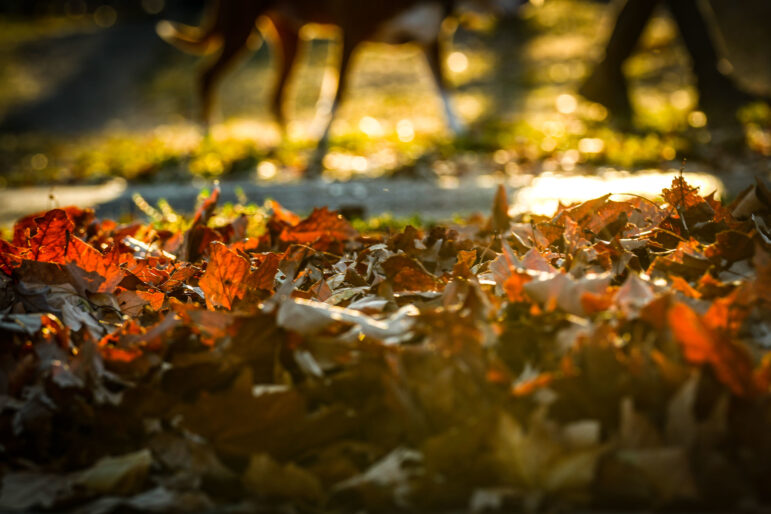By the time Ralph Thomas hit middle age, the Philadelphia native had a history of drug and alcohol abuse, a prison record, and bleak memories of New York City homeless shelters. But when Thomas learned to develop his own film this year, he began seeing things a little differently.
“Photography is a matter of capturing that special moment,” says Thomas, a resident of Holland House, a Times Square apartment complex whose 300 residents include formerly homeless people, recovering addicts and those suffering from mental illness.
A shot of one of those moments–a Harlem woman clutching her son, which reminds Thomas of his own mother, who died nearly 40 years ago–recently hung in a Times Square gallery next to the work of some of his Holland House neighbors. Hosted by Bread and Roses, the cultural arm of Local 1199, the city’s health care union, the show marked the latest installment of “Unseen America,” an effort to foster creativity and pride among New Yorkers who often are not heard from. Past shows have included photos by Polish asbestos removal crews, Chinese garment workers and Filipina nannies.
Earlier this year, professional photographer Gavin Maule taught 10 Holland House shutterbugs to shoot and develop film. During the 14-week class, Maule was impressed with his students’ dedication and zeal.
“Everybody has their problems,” says Maule. “But with a camera and in the darkroom, these problems seem to just go away.”
Richard Valentine agrees. The 40-year-old Jamaican émigré, who suffers from schizophrenia and came to Holland House after stints in homeless shelters, calls the photo class “a chance to fill my mind with something positive.”
Photos of huge residential towers figured prominently in the exhibit. No surprise, since many of the artists once lived on the streets, says Anne Kider, recreation director at Holland House. “We didn’t have to make up the theme,” Kider says. “It just happened.”
Others chose human subjects. Joe Coleman snapped candid shots of Holland House cafeteria cooks frying meatballs and serving cheesecake.
Project Renewal, the nonprofit group that manages Holland House, hopes to offer similar classes next year and to convert an unused corner of the building’s basement into a darkroom.
Meanwhile, the photographers have their own plans. Thomas wants to shoot more nature scenes. Coleman has his eye on jazz musicians. Sean Ferdinand wants to publish a book with his own poetry and photos of homeless people.
For Maule, the content matters less than the efforts of the photographers. “We don’t usually get to hear from people from the street,” he says. “Here, they get a voice.”








